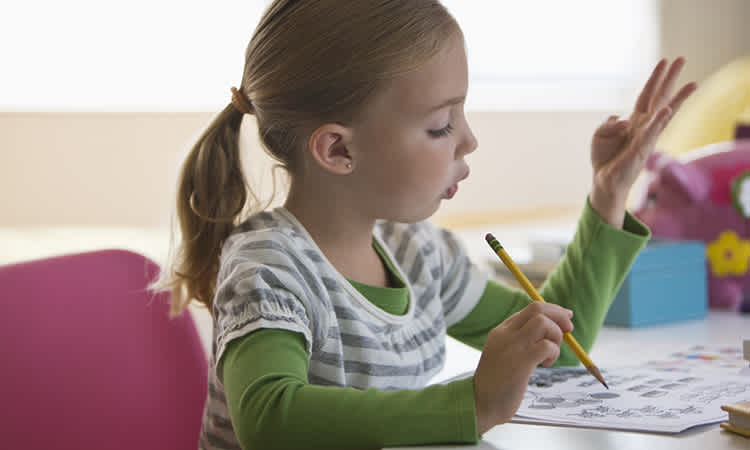
Have you ever wondered at what point in a child’s development they begin to gain social awareness? Developmental psychologist Sara Valencia Botto explores this concept in her TED Talk. What Botto discovered through her research was that children develop these skills much earlier than we might expect.
Botto studied children starting at 14 months old and observed that even toddlers begin to adjust their behavior when they know that they are being watched. Behaviors such as sharing when someone is watching them reflect a deeper understanding of social dynamics at this young age. The speaker invites the audience to think about the values that we broadcast in our day-to-day interactions and how they might shape the behaviors of others around you.
Botto goes into detail on how understanding this early emergence of social awareness can help parents, educators, and caregivers create an environment fostering healthy social growth. To watch this full TED Talk, click here!
Rachel Silverman, UConn KIDS Research Assistant
















